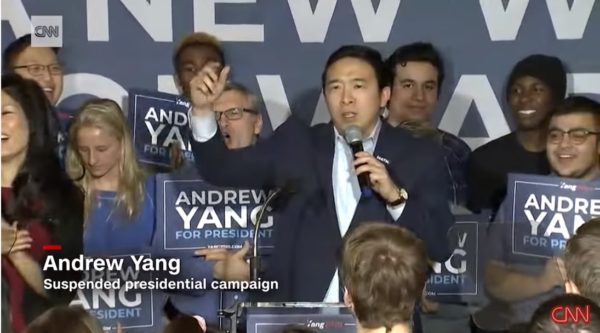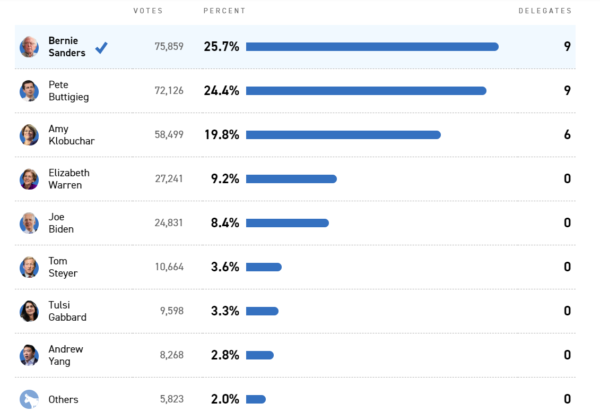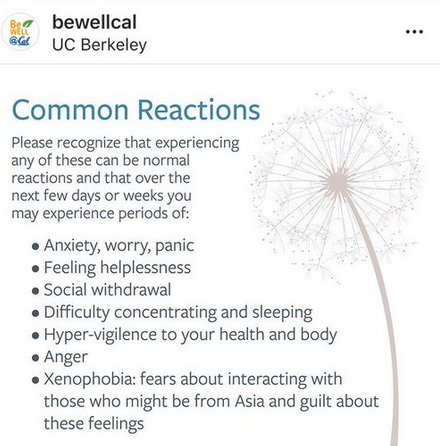Shortly after the closing of the New Hampshire primary polls, Democratic presidential candidate Andrew Yang announced (to my surprise) the suspension of his campaign. His stated reason:
“Before the Iowa caucus last week, Yang and his aides had held out hope that his poll numbers would translate into more votes than they actually did. When they didn’t, and when the votes didn’t seem to be there in New Hampshire either, they decided it was time to leave the race, as he planned to do in a speech tonight. …
Yang’s centered his campaign on what he called “humanity”—the idea that politics should recognize the “intrinsic value” of people, and not just their economic value. In an interview last night, he framed his decision to quit the race in these same terms.
“I don’t want to take people’s money and time and support if I genuinely don’t think that we can contend and win …””
I appreciate Andrew’s honesty, as I think if he was running for his own ego, he would continue to raise more money and stay in longer. I was hoping he would last at least until Super Tuesday (March 3rd). Personally, when I saw the final poll results, I was kind of shocked:
I could not believe that Andrew came in dead last, behind Tom Steyer (maybe he spent big on TV advertising in New Hampshire – which I’m sure he did) and Tulsi Gabbard (who was not in the last two debates, but also campaigning a lot in New Hampshire instead of Iowa). I was also surprised that Amy Klobuchar had beat out neighboring Senator from Massachusetts, Elizabeth Warren. This goes to show how often we can be absorbed in our own Facebook, Twitter and YouTube bubble and not realize the bigger picture of how the campaign was going. I recall the polling prior to the primary had Andrew higher than the final result. I have also read that there were a lot of undecideds, and the debate the Friday before the Tuesday primary – Andrew did not have a great performance (and as usual, the least amount of time to speak) – helped a lot of undecideds decide on their candidate.






 Border People is a journalistic one-man theater piece by Dan Hoyle that dwells on the broad theme of “borders.” It’s now being performed at A.R.T. / New York Theatres in New York City. Based on in-depth conversations and interviews at places in the U.S., Mexico, and Canada, Hoyle enacts first one person, then another person, in a string of edited interview snippets from people whose live have been shaped by one kind of a border or another–from those who have literally tried to cross the border, to those who lives are more metaphorically on a border.
Border People is a journalistic one-man theater piece by Dan Hoyle that dwells on the broad theme of “borders.” It’s now being performed at A.R.T. / New York Theatres in New York City. Based on in-depth conversations and interviews at places in the U.S., Mexico, and Canada, Hoyle enacts first one person, then another person, in a string of edited interview snippets from people whose live have been shaped by one kind of a border or another–from those who have literally tried to cross the border, to those who lives are more metaphorically on a border.












